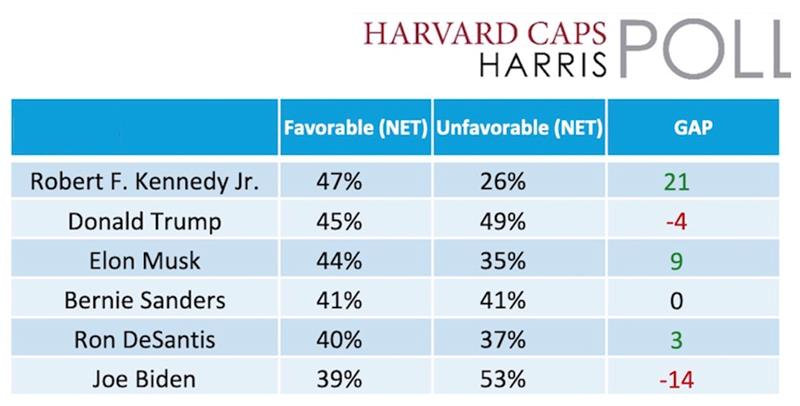If leadership is the crux of success in any enterprise, then transformational leadership - the ability to inspire, motivate, and generate a significant shift in the organizational culture - is the secret sauce that every visionary leader aspires to bring to the table.
The challenge, though, lies in the widespread understanding of transformational leadership as a one-size-fits-all approach. This blog post will argue that the potency of this style of leadership is rooted not just in charismatic oratory or audacious vision, but, crucially, in a deep understanding of the context of each individual within an organization.
Understanding the Concept
Transformational leadership, first introduced by James V. Downton and later developed by James Burns in 1978, has been widely accepted as a style that induces positive changes in individuals and organizations. This leadership style encourages creativity, personal development, and high performance, drawing on the four "I's": Idealized Influence, Inspirational Motivation, Intellectual Stimulation, and Individualized Consideration.
Yet, it's important to remember that transformational leadership doesn't operate in a vacuum. It is deeply interconnected with the ecosystem of the organization, the zeitgeist of the industry, and the individuals within the team.
The Role of Context
Let’s think of the context as the intricate tapestry of factors that make up an individual’s professional universe: their unique experiences, knowledge, and abilities; the internal dynamics of the organization; the broader socio-cultural and economic trends.
The role of the transformational leader is to bring these threads together and weave them into a grand narrative of change. But in doing so, the leader must understand and respect the distinctiveness of each strand. The context is what makes a team member who they are, and a deep understanding of it allows the leader to channel their strengths, work on their areas of improvement, and inspire them to go above and beyond their normal performance.
The Unique Paths of Each Individual
No two individuals' career paths are identical. Each person carries a unique set of experiences and skills, and more importantly, distinct aspirations and motivations. Transformational leaders grasp this intrinsic individuality and align the objectives of the organization with the personal and professional goals of the team members.
The journey towards a common goal becomes a collaborative process, where individuals feel seen, heard, and valued. They become active participants in the transformation, rather than passive observers.
Creating a Culture of Empathy and Adaptability
To create such a culture, leaders need to adopt an empathetic approach. This starts with active listening - allowing team members to voice their thoughts, ideas, and concerns. This practice does not just empower individuals but also provides invaluable insights for the leader.
Moreover, it is about adapting the leadership style to suit the unique context of each team member. This is not about abandoning the leader’s core principles or practices, but rather about flexibly applying them based on the needs and circumstances of the individual. It means providing guidance, encouragement, or autonomy as needed - a nuanced approach that sees and addresses the person, not just their role.
Navigating Challenges
Embracing context-driven transformational leadership is not without its challenges. It requires time, effort, and a significant shift in mindset. Leaders may fear that tailoring their approach to individual contexts may lead to accusations of favoritism or inconsistency. However, as long as the process is transparent and the overarching goal is clear, these risks can be mitigated.
The Payoff
Despite these challenges, the benefits of this approach are manifold. Teams led by transformational leaders who understand their unique contexts tend to have higher morale and job satisfaction, which in turn leads to improved productivity and innovation.
More importantly, these teams often develop a deep sense of commitment and ownership to the organizational vision. They feel an integral part of the transformational journey, not just as employees executing tasks, but as vital contributors shaping the company's future.
Understanding and respecting individual contexts also facilitates better communication and mutual trust, paving the way for a more open, collaborative, and dynamic workplace culture. This level of inclusivity can be a significant differentiator in today's diverse and globalized business environment.
The Key Takeaway
In an era where rapid technological advancements, shifting socio-cultural trends, and an increasingly remote and diverse workforce are redefining the business landscape, transformational leadership has become more crucial than ever. However, leaders must remember that this leadership style is not a magic wand to wave for instant results.
It requires a deep understanding of the unique paths of each individual in their team, the courage to be flexible and adaptable, and the empathy to foster an inclusive culture. It's about weaving a narrative of change that does not just speak to the organization as a whole, but also resonates with each person, in the context of their individual journeys.
By doing so, transformational leaders can achieve more than just meeting the bottom line. They can inspire and cultivate a workforce that is invested in the company's vision, motivated to innovate, and committed to driving the organization forward. This is the essence of transformational leadership, and the reason why it is such a potent force in the business world today.
In short, context matters. The paths that each individual walks are distinct, layered, and deeply personal. Recognizing this, understanding it, and tailoring one's leadership style to honor it, is the key to truly effective, transformational leadership. Whether in the bustling corridors of Wall Street or the dynamic, ever-evolving landscape of Silicon Valley, this principle holds true. After all, organizations are more than just structures and systems – they are composed of people, each with their unique context, and each with an essential role to play in the grand narrative of transformation.














